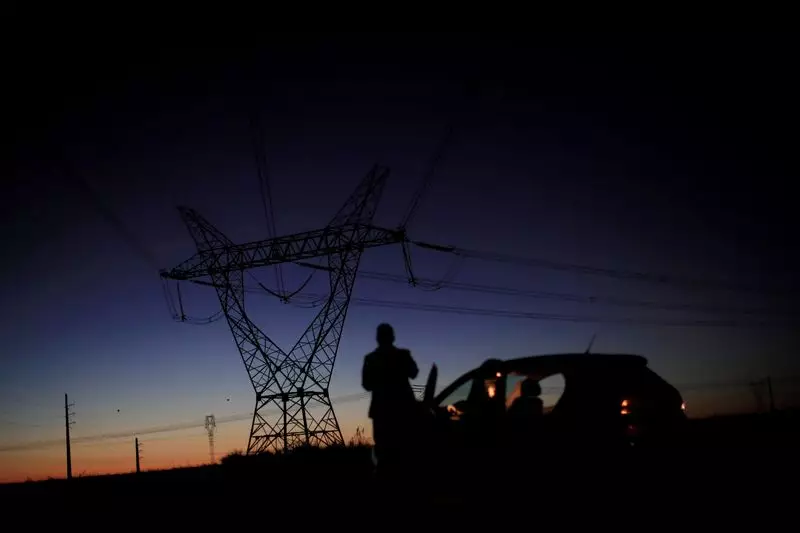Brazilians will soon be facing an increase in their electricity bills, thanks to a decision made by local power regulator Aneel. With more than half of the country’s power supply still coming from hydroelectric plants, the drop in reservoir levels during the dry season has led to additional charges being imposed on consumers. Despite the growth of wind and solar power in Brazil, the heavy reliance on hydroelectricity continues to impact pricing.
Aneel has implemented a pricing system that ranges from “green” to “red level 2”. In September, the regulator announced the activation of the “red level 2” rank, resulting in an extra charge of 7.88 reais ($1.40) for every 100 kilowatt-hour of energy consumed. This decision comes after a forecast of significantly below-average rainfall in Brazil’s main hydroelectric areas, forcing power generators to rely more on thermoelectric plants, which are more costly to operate.
The introduction of additional tariffs beyond the “green” level has raised concerns about inflation in the country. This move puts pressure on Brazilian consumers, who will now have to bear the brunt of higher electricity costs. The decision to activate “red level 2” marks the first time since August 2021, highlighting the severity of the situation caused by the ongoing drought in Brazil.
As Brazil continues to grapple with fluctuating reservoir levels and the impacts of climate change on energy production, it becomes increasingly important to explore sustainable alternatives. While wind and solar power have made strides in the country, further investments and developments in renewable energy sources are essential to reduce dependency on hydroelectric plants. Additionally, implementing energy-efficient practices and promoting conservation efforts can help mitigate the need for costly thermoelectric power generation.
The rise in electricity costs in Brazil serves as a stark reminder of the vulnerabilities associated with traditional energy sources. The country’s heavy reliance on hydroelectricity exposes consumers to price fluctuations and inflation risks during periods of drought. Moving forward, prioritizing renewable energy investments and adopting sustainable practices will be crucial in ensuring a more stable and affordable energy future for Brazilians.

